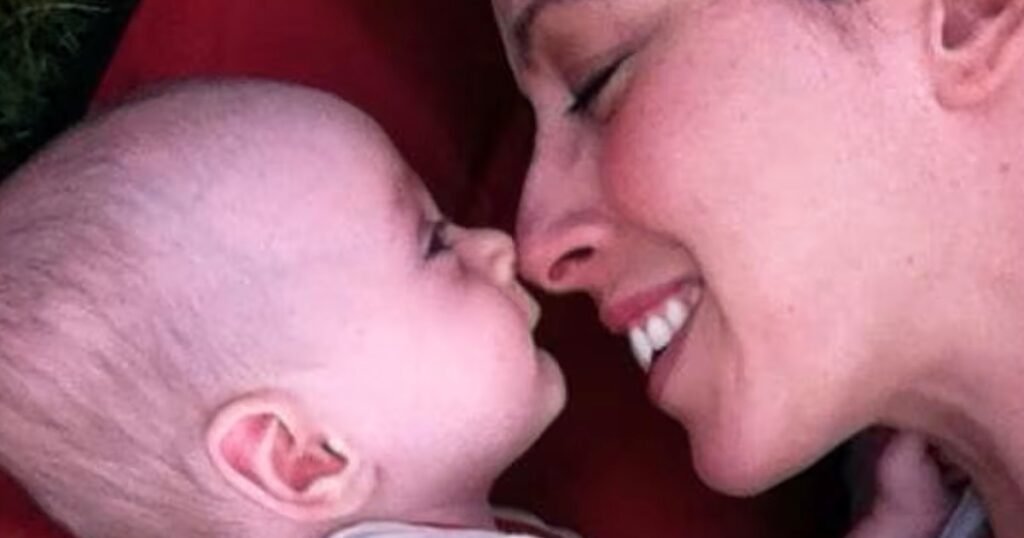
Understanding Angelman Syndrome: Essential Information for Parents
It didn’t take long after our son Theodore was born for my husband, Daniel, and me to notice just how incredibly joyful he was. You know, the kind of happiness that makes you want to “Clap along if you feel like a room without a roof.” He rarely cried or made much noise at all; his day-to-day vibe was one of sheer delight. Even when hungry, unwell, or in need of a diaper change, we seldom saw a frown on his tiny face.
We believed we had struck gold by having the world’s happiest baby. Theo’s radiant smile could capture anyone’s attention, even strangers on the street. We were overjoyed that our child possessed a magical quality that united people in positivity. However, we were naive to think his boundless joy was only a wonderful quirk; it was a precursor to something far more significant.
Courtesy Christina Poletto
Right after his first birthday, we received a diagnosis that would alter our lives indefinitely: Theodore tested positive for Angelman syndrome, a rare neurogenetic disorder. Approximately 1 in 15,000 people are affected by this syndrome, which leads to severe neurological impairment across all demographics.
Colin Farrell is another parent of a child diagnosed with Angelman syndrome; he recently established a foundation in honor of his son James, who is turning 21 this September.
“James has worked so hard all his life, so hard,” Farrell shared with People. “Repetition, balance, his jerky gait. When he started feeding himself for the first time, his face looked like a Jackson Pollock by the end of it. But he manages to eat beautifully. I’m proud of him every day because I think he’s magic.”
What is Angelman syndrome?
Children with Angelman syndrome have normal anatomical brains, but a genetic microdeletion on the 15th chromosome leads to significant developmental delays, including debilitating seizures, mobility and motor challenges, loss of functional speech, dyspraxia (a motor coordination disorder), and apraxia, which affects purposeful actions.
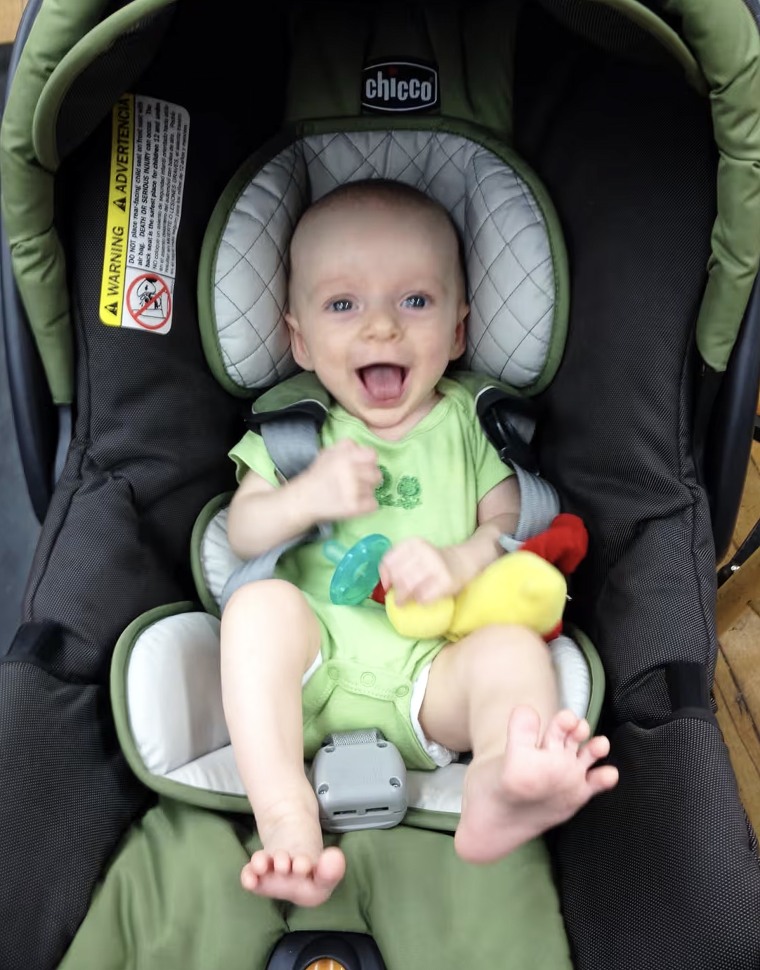
Courtesy Christina Poletto
Angelman syndrome is often misdiagnosed as cerebral palsy or autism. Interestingly, children with Angelman syndrome tend to be very sociable and often exhibit a joyful demeanor. They radiate love, and in Theo’s case, he generously shares hugs and kisses. As many who have encountered him know, my son adores making friends and expressing his affection.
The silver lining is Theo’s remarkable ability to find happiness despite the enormous challenges he encounters. He has faced numerous seizures, lacks basic functional speech, and only began walking at 3.5 years old. He’s on a special diet to manage his seizures and takes daily medication. For the first three years of his life, he had trouble sleeping, and only now is beginning to enjoy more regular rest.
Over the past few years, we have developed a silent language with Theo, interpreting his expressions and gestures and building on these essential moments to better understand how his mind operates and what he wants to communicate to us. Like many families longing to connect with their non-verbal children, we are also committed to utilizing Augmentative and Alternative Communication (AAC) apps, enabling Theo to “speak” to us by selecting symbols on his iPad.
While I believe we are making progress, I can’t disguise the truth. Our lives have drastically transformed since his diagnosis, and acceptance has become a daily practice for me. I find it beneficial to focus less on the future and more on my son in the present moment. He is smiling as I write, and that keeps everything in perspective.
Note from the author: I originally penned this seven years ago. Theo is now 11, approaching his teenage years, and I’ve added a few insights I’ve gained since those early days.
Things I wish I knew before having a child with Angelman syndrome:
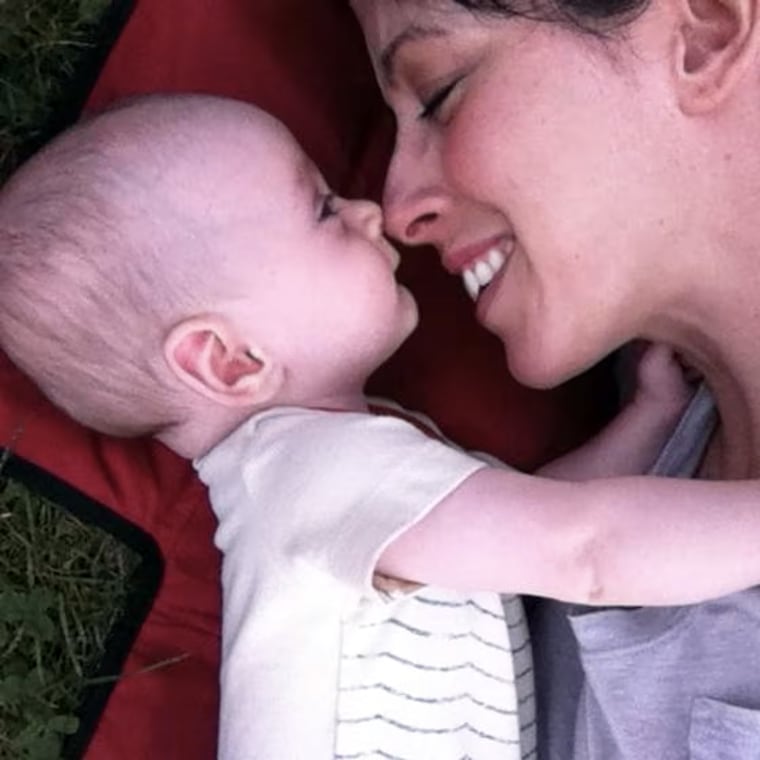
Courtesy Christina Poletto
1. Trust your instincts and seek multiple opinions
When Theo was seven months old, he still couldn’t sit up or roll over; it was as if his body was made of jelly, with an incredibly weak core and minimal control over his movements. His limbs often flailed, and we started to notice more jerky motions. While other infants were kneeling, teetering, and trying to pull themselves up, our son preferred lying flat and enjoying the world around him.
As he grew, his inability to grasp, crawl, or walk weighed heavily on us. The first pediatrician we consulted labeled us “alarmist” for our concerns and our request for genetic testing.
Though this was our first child and we were no experts, feeling shamed for voicing our worries felt wrong. We never returned to that office and found a pediatrician who listened to us and took action. On her very first visit, this new pediatrician affirmed our concerns and ordered genetic testing right away. Eight weeks later, we received the diagnosis of Angelman syndrome.
2. No one can prepare you for this. Nothing can.
When I found out I was pregnant, I did what every first-time parent does—I bought books, created a birth plan, and consulted my friends about pregnancy and childbirth. I felt thoroughly organized and confident. At one point during my pregnancy, when we learned our fetus might have Down syndrome, my husband and I purchased a hardcover copy of Andrew Solomon’s “Far from the Tree,” a well-respected book discussing the differences between parents and atypical children. We reflected on the potential reality we might face and felt prepared for anything. Months later, our son was born happy and healthy; no red flags pointed to Down syndrome or any disorder.
However, when the diagnosis of Angelman syndrome came a year later, we were completely unprepared. We found ourselves second-guessing every decision and navigating a sense of being adrift. Questions loomed over us: What would Theo endure? How would we manage? Where should we even begin?
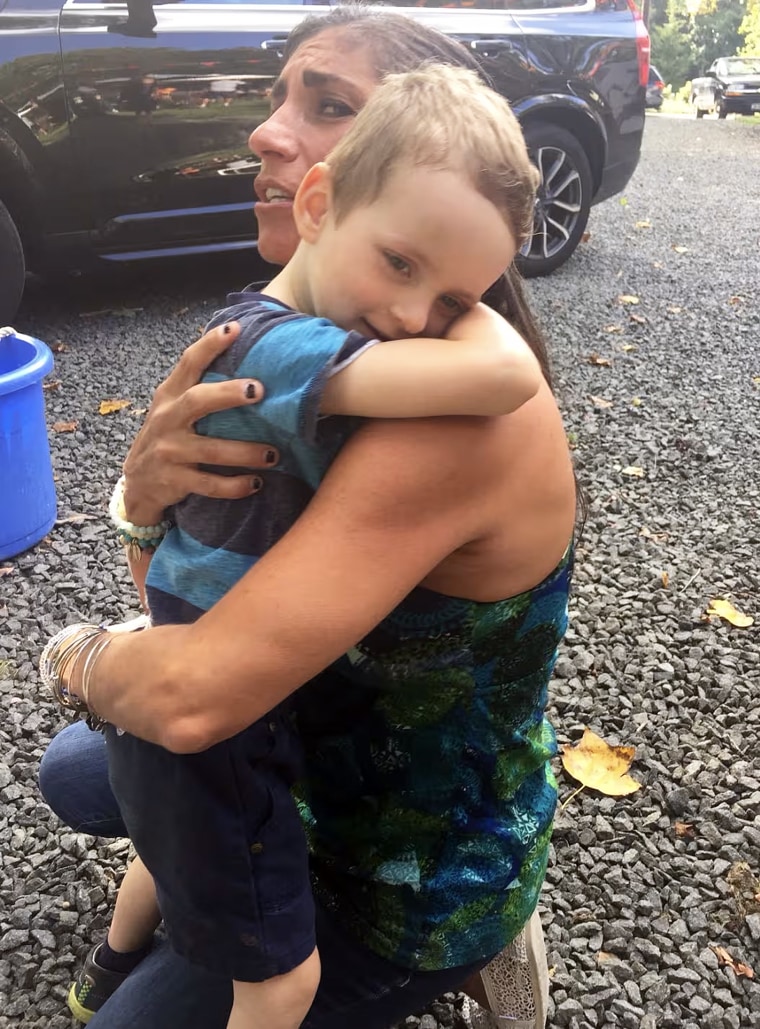
Courtesy Christina Poletto
In those early days post-diagnosis, someone shared with me Emily Perl Kingsley’s heartfelt manifesto “Welcome to Holland,” crafted for parents dealing with a special needs diagnosis for their child. It’s often recommended, and I appreciate the sentiment, but I don’t entirely agree with her perspective.
Kingsley described finding oneself in an unexpected place and adapting to a new journey, discovering new guidebooks for this different direction. My experience felt starkly different; we had no guidebooks and no sense of which way to turn.
I liken our situation to being dropped into a bustling city filled with towering buildings that obscure the sky—completely lost. With the buildings blocking our view of the skyline, we lacked a sense of direction. There is no map for parenting a special needs child, especially in the beginning. You must carve your own path.
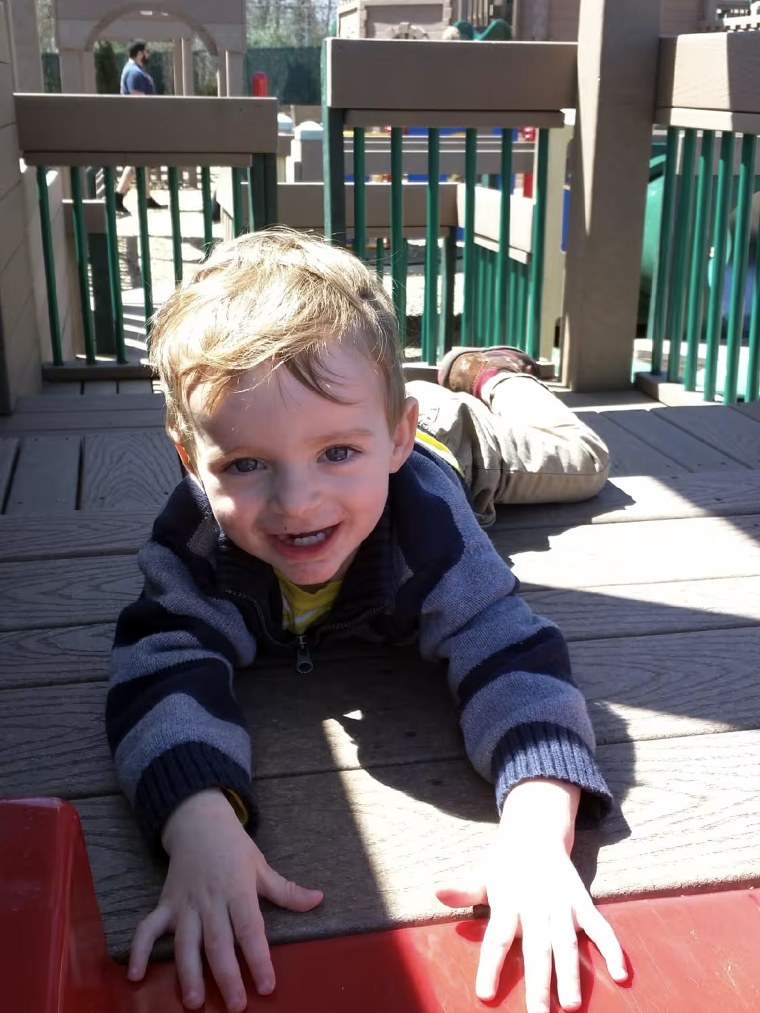
3. Build your community
Fortunately, we live in a time when the internet allows us to instantly connect with others on similar journeys, seeking resources for their children. Facebook has been an invaluable tool in linking us to families dealing with this syndrome. We log on daily to share our concerns, questions, solutions, and support. This community has been a tremendous relief, and even though I haven’t met many of these families in person, their guidance has been crucial during our toughest moments.
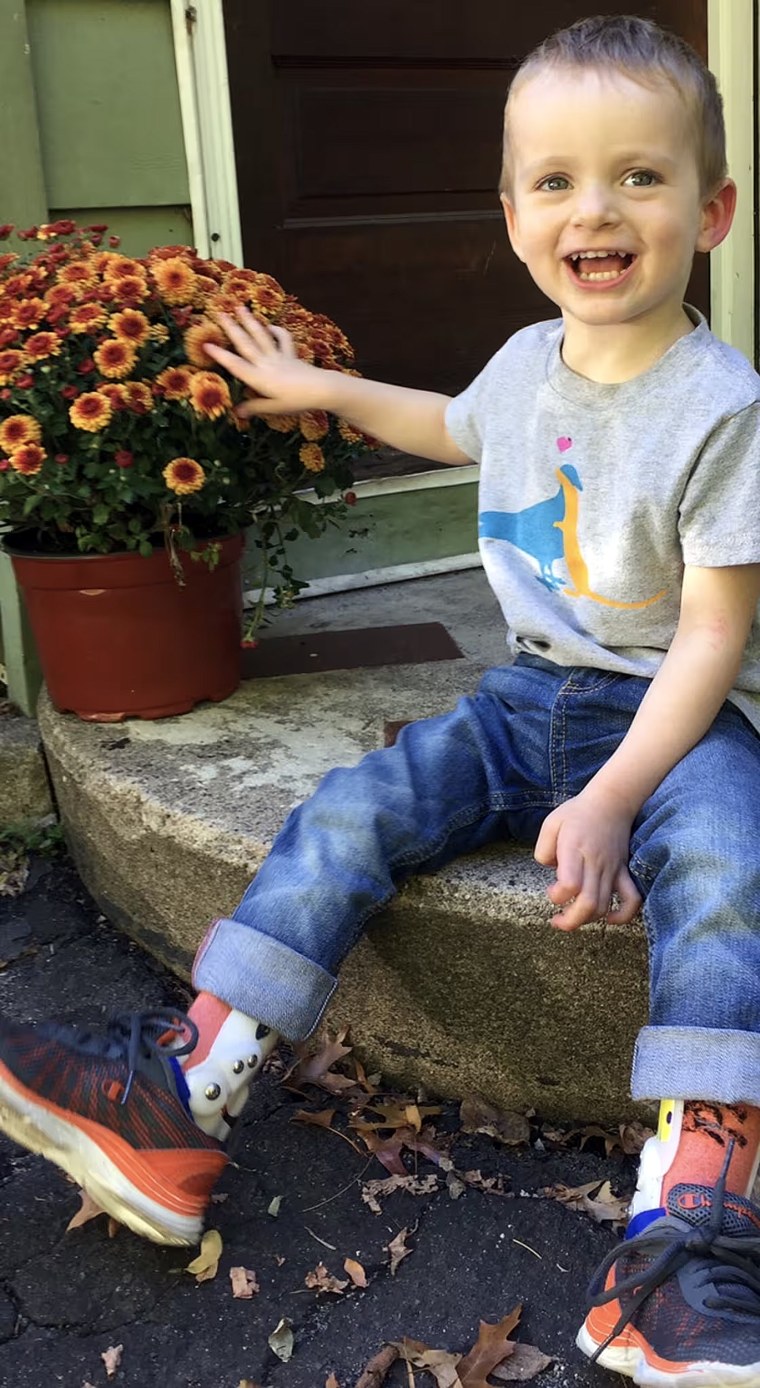
4. Accept “the process,” even when it’s tough
Have you received a diagnosis? At least you now have a vague direction to seek out more information and resources. Thankfully, every state has early intervention and Medicaid benefit programs, though each varies in the services they provide. Navigating these can be tricky, especially without a confirmed diagnosis.
Start as soon as you can. If possible, begin the day after receiving a diagnosis or when you and your pediatrician suspect something is wrong. The sooner your child engages with specialists for evaluations, the quicker they can access beneficial therapies and services. I still encounter numerous families unaware of the state services available (often at little to no cost) for children with special needs.
Unfortunately, a staggering amount of paperwork will need to be completed for evaluations and therapies, but this small inconvenience pales in comparison to the potential benefits for your child. Your life will transform; “the process” will require ongoing attention, leading to hours spent coordinating with insurance, scheduling medical appointments, considering therapies, and interviewing special needs caretakers. It’s a tough reality that the lives of special needs parents often revolve around these tasks, but it is worth it.
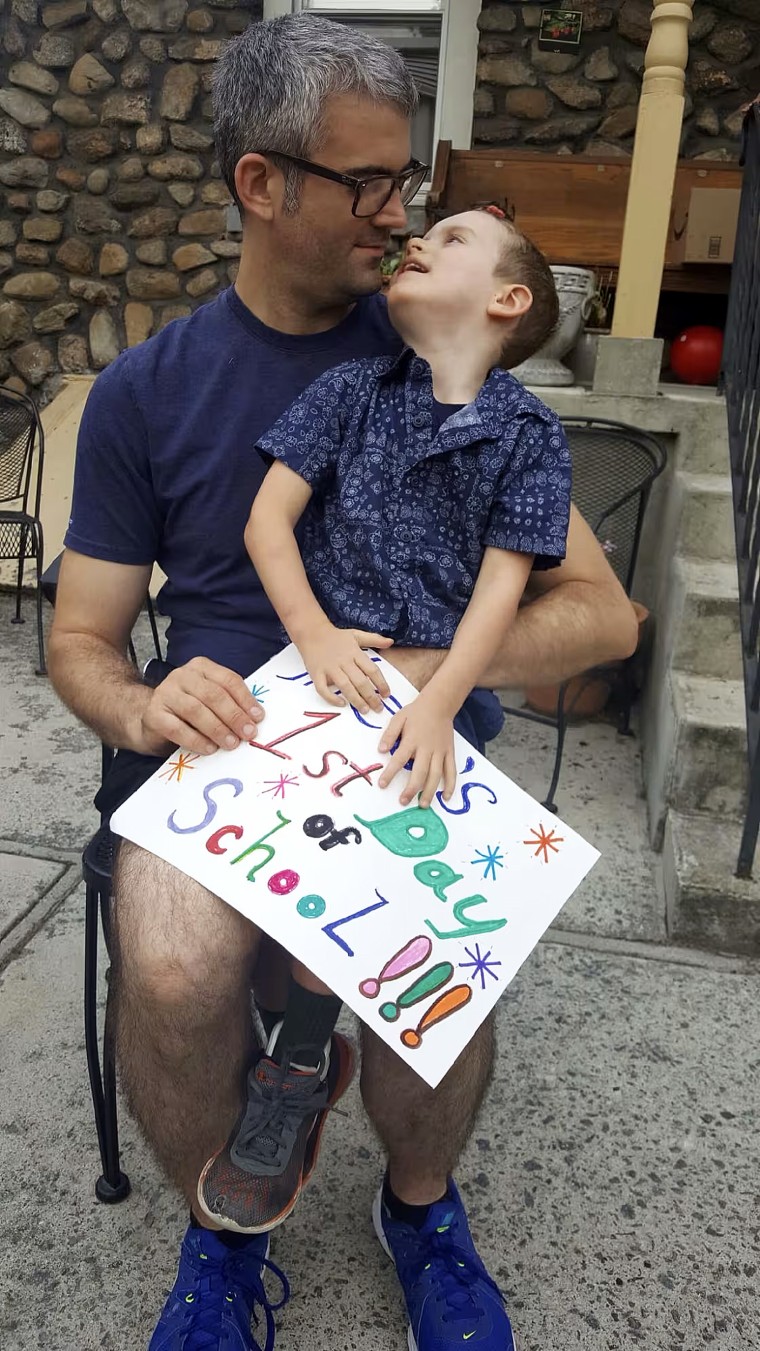
Courtesy Christina Poletto
One key point: Keep copies or printouts of all essential evaluations or medical tests, especially those revealing genetic or diagnostic outcomes. Store them in a safe, waterproof location and consider making backup copies. I recommend scanning all significant medical documents with a free app, like CamScanner, enabling quick access to information when needed, such as when insurance or Theo’s doctors call with questions. The more documentation you compile, the easier it will be to complete all future educational, insurance, and medical forms.
5. Prepare for a fight
It’s probably the last thing parents of newly diagnosed special needs children wish to hear, but advocating for your child will likely become a full-time job—especially in the early stages.
Being a parent of a special needs child doesn’t grant you preferential treatment. The system might guide you and offer support, but it won’t do the work or fight your battles for you; that burden rests squarely on the shoulders of parents.
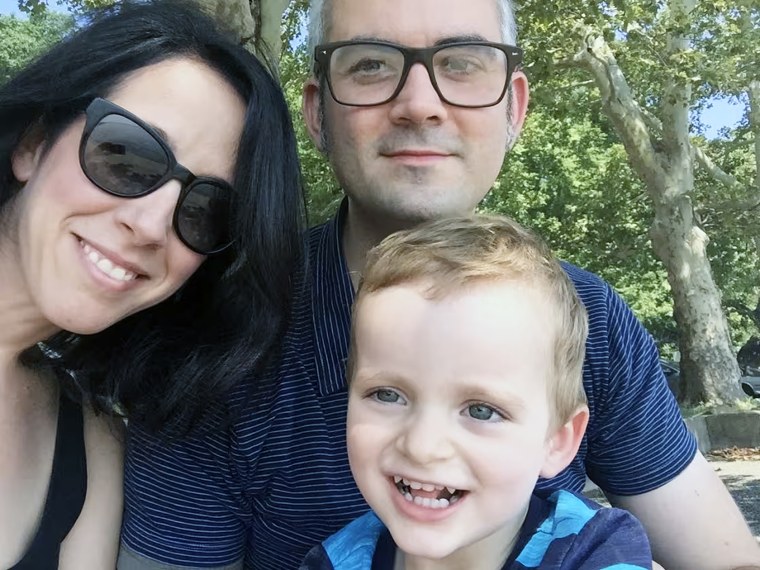
Courtesy Christina Poletto
Initially, you will face myriad decisions. Ask questions, listen carefully, and take detailed notes. In this realm, information is power, and if your special needs child—who may be non-verbal and immobile—needs to battle for improved quality of life, you will require all the arsenal you can gather.
You will confront doctors who disagree with your instincts or wants. You will challenge insurance representatives who refuse coverage for essential equipment. You will encounter hurdles in securing the right therapists, educators, and services for your child, and you will face friction with the school system when creating an IEP (Individualized Education Program) to set annual goals.
Becoming a warrior parent will become an integral part of your identity. You can do this.
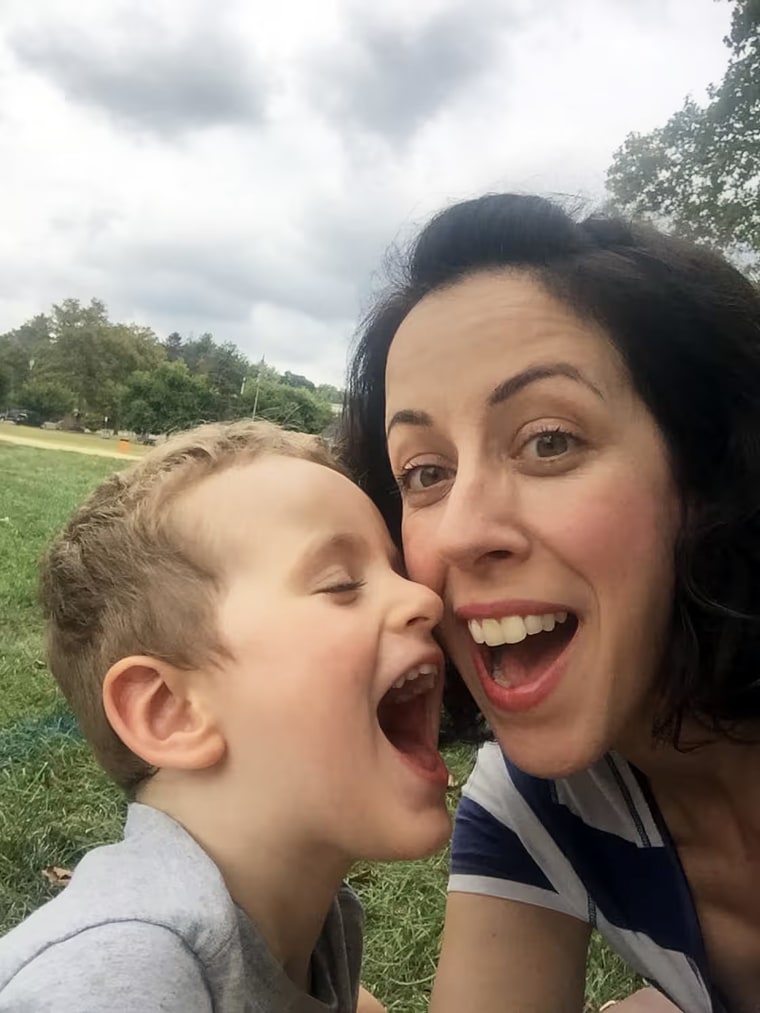
6. Grief is uniquely personal
I choose to acknowledge and honor my grief in my own way. I want to emphasize that yes, like any difficult transition, there will be emotional stages, and everyone moves through them at unique paces and in various ways. I don’t want to sugarcoat this; how one adapts to parenting a special needs child depends on the diagnosis and the severity of the child’s challenges. It’s a deeply subjective experience, and everyone’s situation is distinct.
Some excellent books assisting me through this process include “When Things Fall Apart” by Pema Chodron and “To You; Love, God” by Will Bowen. I also connect with the writing of Jamie Varon, who captures life’s challenges beautifully.
7. Remember, they are still kids
At times, I perceive Theo as the epitome of a typical child. He is playful, a little mischievous, and enjoys a good laugh. He is quick to giggle, loves to dance, and relishes cuddling on the couch with his drink when one of his favorite shows comes on. While it’s effortless to dwell on what he can’t do or may never achieve, I treasure those miraculous moments when his authentic self shines through, revealing the typical child within.
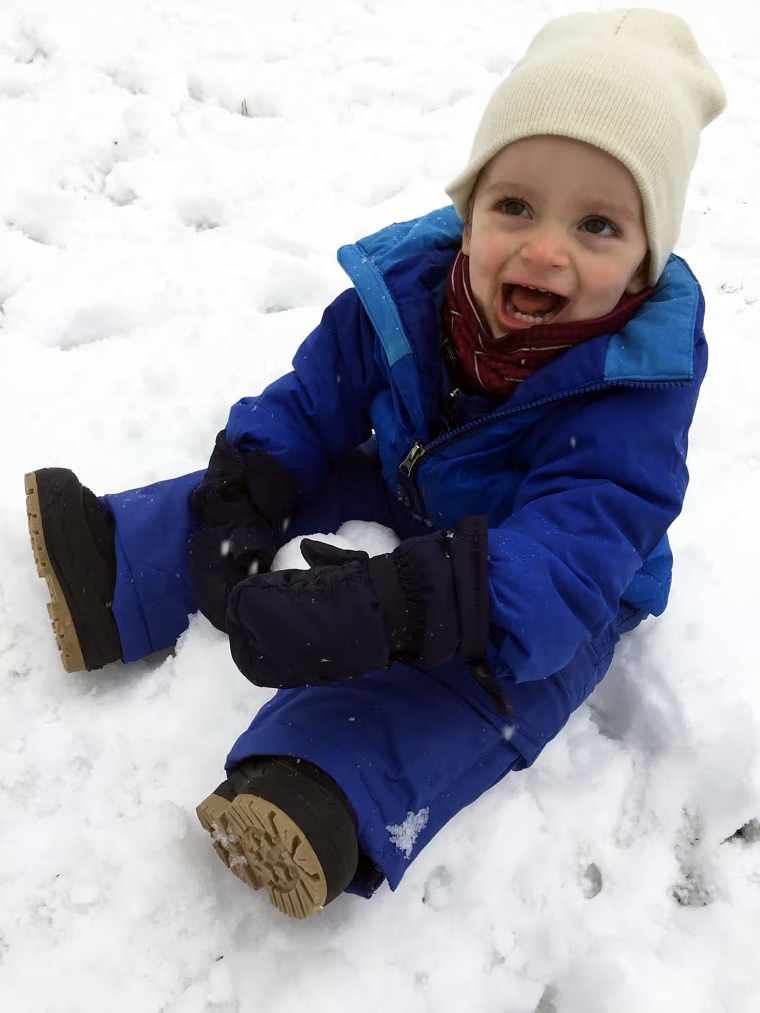
I remind myself of this constantly, especially when I hesitate to introduce him to new experiences like riding a kiddie roller coaster or watching a movie for the first time. My hesitance often reflects my own fears and insecurities.
When I shift my focus from viewing him solely as a special needs child to seeing him as a child, I’m able to embrace wonderful opportunities and experiences. My advice to parents: Be present. Be a parent. Treat them as special, but not perpetually as special needs. They are still kids.
8. Love is love is love…
Upon receiving Theodore’s diagnosis, a certain doctor, who had poor bedside manners, bluntly told us that our son would never walk, talk, love, or even recognize us as his parents. She zealously depicted a bleak future for us, where our child would perpetually exhibit the mental capacity of an infant and necessitate lifelong care.
Her harsh words were painful, yet even in that dark moment, we understood she was mistaken. We confronted her about her emotional irresponsibility, standing firm in our conviction that our child was loving, present, and capable. Years later, it is abundantly clear that her words were mere rhetoric, not reality.
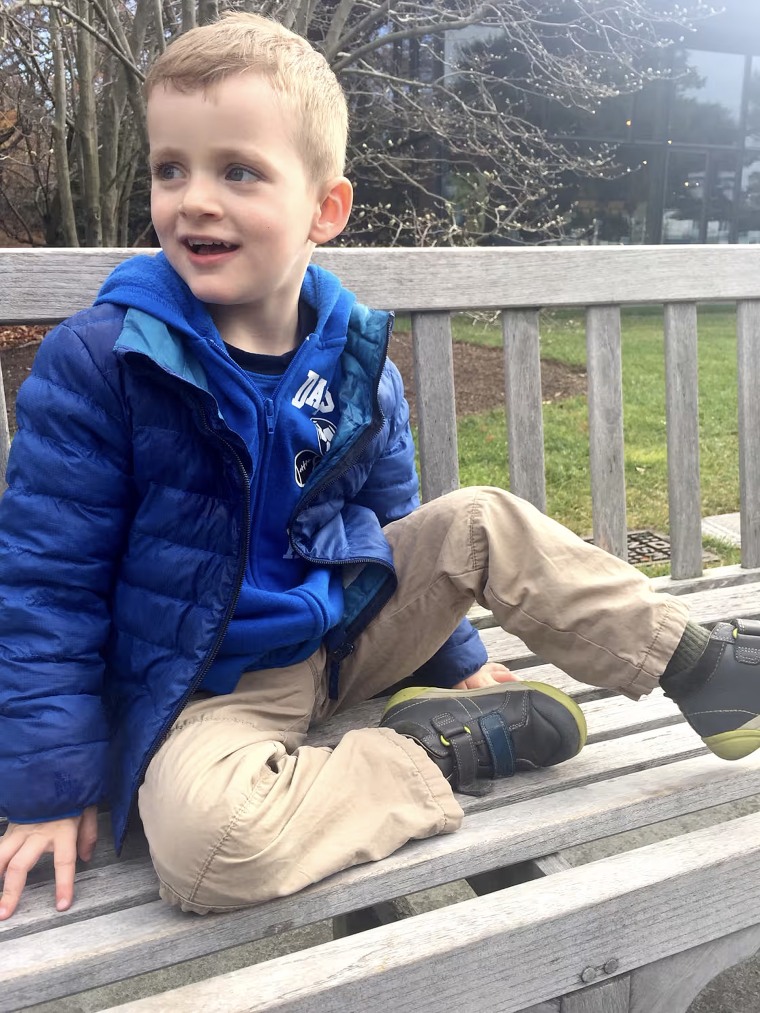
The size or nature of your love remains unchanged, even when your child is revealed to be different from what you envisioned.
We’ve never loved him any differently, nor less, even with this ominous condition looming over us. Even more so, his love radiates unconditionally, enveloping us and everyone in his life every single day. This child faces challenges that we cannot even imagine, yet he embodies love and happiness. He is truly an angel. And we are incredibly fortunate that he is ours.
Surround yourself with uplifting people
One of the best decisions we made for Theo was moving back to New York City in 2017, allowing him to begin kindergarten in public schools. Both Theo’s father and I are freelancers in media and the arts, and being in the city proved convenient for our work as well. A significant factor in our decision was the welcoming Angelman syndrome community around Manhattan.
Many families reached out during those early years, inviting us to coffee, answering questions, and sharing experiences about raising children with Angelman syndrome. This support became an unexpected lifeline.
This community, which remains close-knit, has played a crucial role in fostering an inclusive learning environment for Theo and other children with Angelman syndrome in their school in Brooklyn. Kids with unique needs, like Theo, now learn and thrive alongside more neurotypical children. With the assistance of compassionate paraprofessionals and an exceptional principal named Julie Cavanagh, Theo just graduated fifth grade and is heading to middle school.
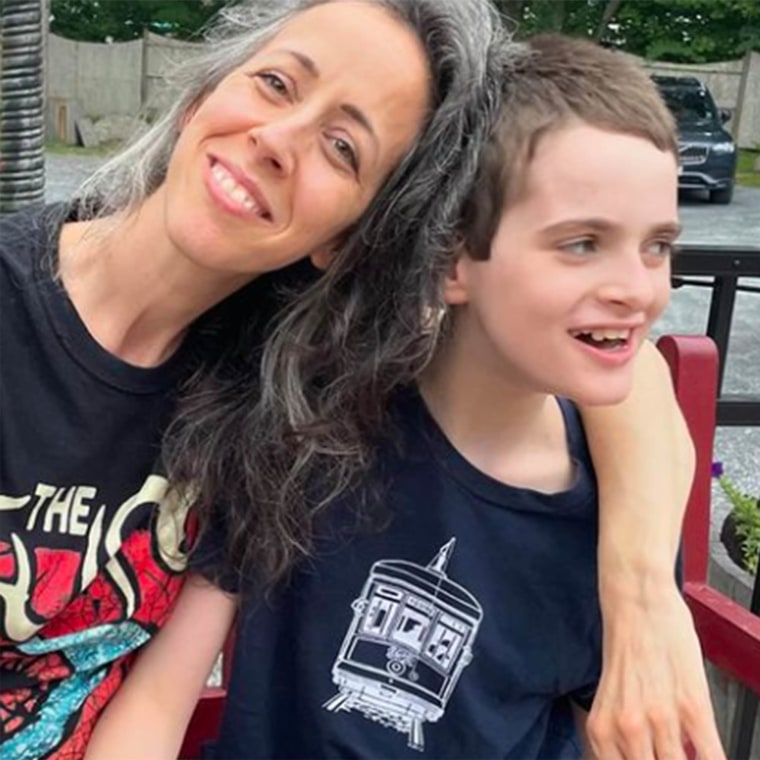
Courtesy Christina Poletto
Follow your child’s lead
After we learned about Angelman syndrome, numerous voices told us what Theo would never accomplish.
What really helped was ignoring the naysayers and keeping our focus on our joyful, social child. Over time, Theo not only learned to walk but also can run, hike, climb, and pedal an adaptive bike! We’ve discovered numerous organizations that support our children and help introduce them to new experiences. Nowadays, Theo participates in adaptive surf clinics at Rockaway Beach, loves hiking, explores his favorite museums, attends autism-friendly Broadway shows, and enjoys dancing at live music events. He especially loves riding the NYC Ferry.
Even though Theo cannot articulate words, he communicates through laughter and loves singing duets (often humming his parts). This year, he traveled by plane with his father, and they spent a magical few days at Disneyland. I’ve never seen him so happy.
Don’t lose sight of your own identity
Angelman syndrome can be so all-consuming that it’s easy to forget who I am and what I desire from life.
Although it took me some time, the most beneficial step was asking for help and investing in my interests and passions. Theo’s needs will always be part of our lives, but they don’t have to overshadow everything. It became essential to align with my co-parent and establish our non-negotiables, which for me included fitness, sleep, and moments dedicated to my writing.
I continue to write, and I’ve also taken up studying Kadampa Buddhism. Whenever possible, I catch live music events, author readings, and theater performances. Engaging in art revitalizes my mind and soul. Earlier this year, as a holiday gift to myself, I flew to Las Vegas to see Bruce Springsteen perform with the E Street Band—something that had always been on my bucket list but which I’d postponed because I felt the need to stay close to home for Theo’s sake. The show was astounding, and being there reminded me that I’m at my best for my child when I also prioritize my own passions.
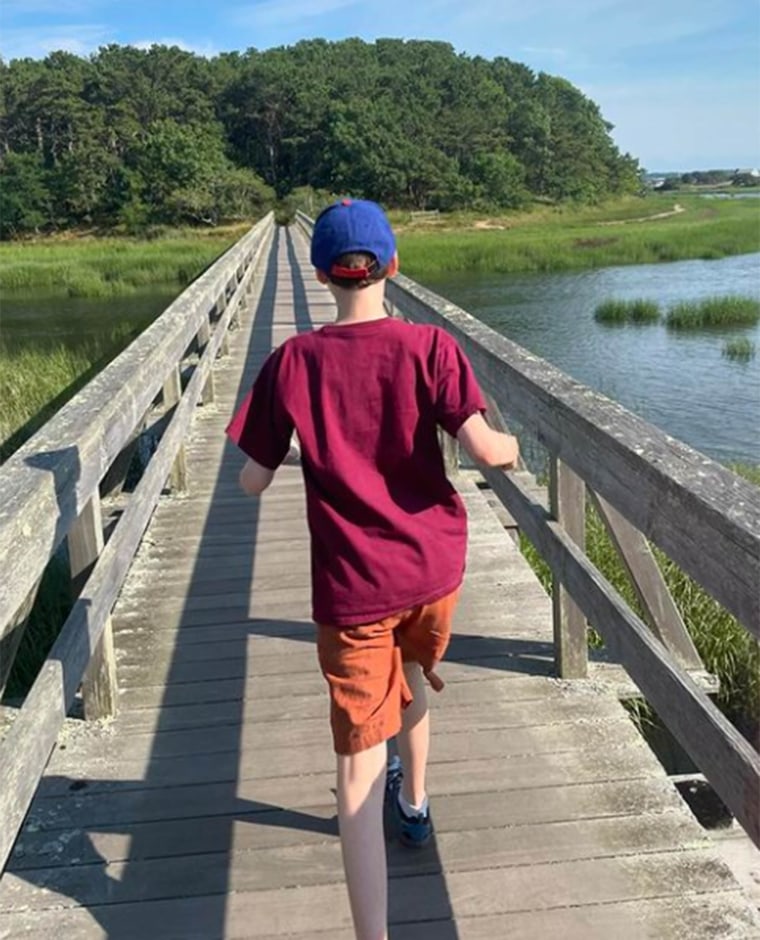
Courtesy Christina Poletto
There is hope
Similar to Colin Farrell’s son James, my joyful and affectionate boy will also require lifelong support. Our life is filled with routines, medication schedules, and doctor appointments, and I yearn for Theo to achieve greater independence. Witnessing Colin announce his new foundation was a delightful distraction from an otherwise ordinary day.
It can be difficult to share vulnerabilities about the things or individuals you love most, especially when they differ from the norm and are sometimes misunderstood by society. Colin’s story reminded us that often, unexpected circumstances can radically reshape your life. I’m also heartened by the increasing scientific interest in Angelman syndrome.
The Foundation for Angelman Syndrome Therapeutics (FAST) is advancing transformative research and gene therapy initiatives targeting various mechanisms responsible for Angelman syndrome. Due to a prior lack of interest from standard pharmaceutical companies, FAST adopted a venture philanthropy model for clinical trials. Early trial results have already shown progress; individuals with AS are reportedly becoming more independent—feeding themselves, sleeping through the night, swimming alone, and even speaking their first words.
If Theo could finally speak, what would he have to say? That curious thought lingers in my mind!
FAST has recently initiated an effort to expedite human trials. During my hardest days, I remind myself of what my friend from FAST often tells me: “Things are either possible or impossible, and there’s no in-between…so far, things seem POSSIBLE.”
I know they are working tirelessly from multiple angles to uncover the most effective and transformative treatments for people with Angelman syndrome.
The future holds immense potential for Theo and others like him. To me, this signifies hope and joy.
This essay was originally published in 2017 and has since been updated.



